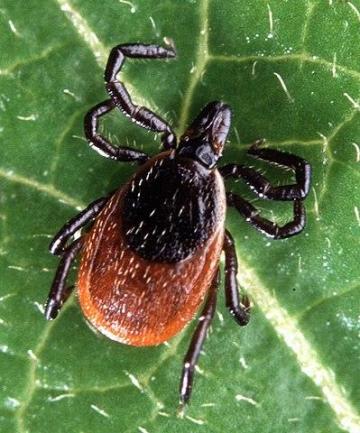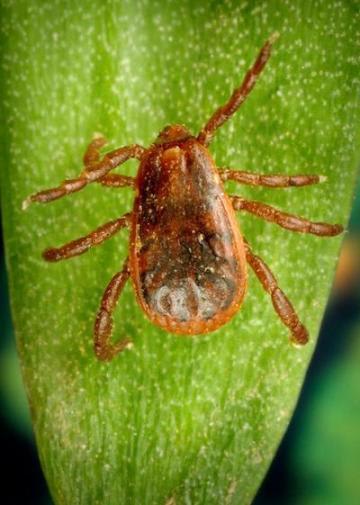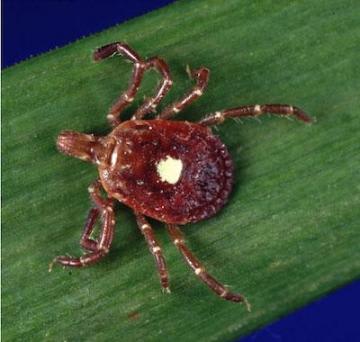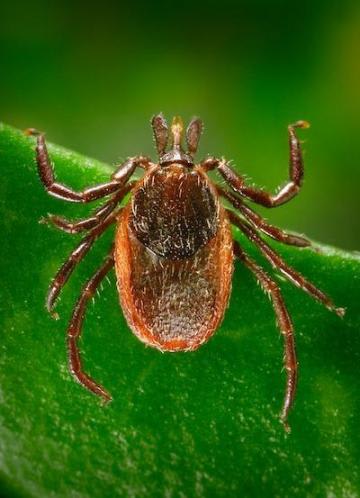
It can seem overwhelming when it comes time to choose diagnostic testing for your pets. When you bring your dog to Animal Hospital of North Asheville for an annual comprehensive physical exam, we will discuss and recommend heartworm and tick-transmitted disease screening. The reason we recommend these tests for early detection of Heartworm or Tick-Borne disease is that early diagnosis can increase the chance of a good prognosis with treatment.
Here is an easy guide to help you choose basic screening panels for canine heartworm and tick testing.
Antech Heartworm Testing
- Efficiently tests for heartworm disease as recommended by the Companion Animal Parasite Council
- Screens for Heartworm Antigen (Dirofilaria immitis)*
- Blood is drawn and sent to Antech (outside diagnostic laboratory)
- Results are received in 3-5 days
- Does not test for tick-transmitted pathogens
Idexx 4Dx Snap Test
- Efficiently tests for heartworm disease and tick-transmitted pathogens as recommended by the Companion Animal Parasite Council
- Screens for 6 vector-borne diseases
- Heartworm: screens for the detection of the heartworm antigen (Dirofilaria immitis)*
- Tick transmitted pathogens: Detects antibodies to Lyme (Borrelia burgdorferi), Ehrlichia (Ehrlichia canis or Ehrlichia ewingii), and Anaplasma (Anaplasma phagocytophilum and Anaplasma platys)
- Blood is drawn and the test is run in-house with results in 1-3 days
What are the Vector-borne diseases:
Heartworm Disease
Heartworm disease is a serious and fatal disease that affects dogs and cats, among other species. Heartworms are transmitted through the bite of an infected mosquito. The parasitic worms live in the major blood vessels of the lungs and into the heart but they also can affect the liver and kidneys. Heartworm disease is treatable in dogs but there is not a treatment for cats. Heartworms are preventable in cats and dogs. Dogs are a normal host for heartworms. Cats are not the preferred host of heartworms so symptoms present differently. Just one worm can cause health concerns for cats. Prevention is the first step to a healthy pet. If your pet is not on prevention or has missed doses, they are/have been susceptible to heartworms. Early stages of heartworms do not show clinical signs, so annual testing is very important. Annual screening helps to detect several stages of heartworm infection, even in low worm-burden patients, and allows families to begin treatment before severe permanent damage occurs.Lyme disease (Borrelia burgdorferi bacterium)

DEER TICK
Dogs are infected with Lyme disease through tick bites of the lxodes species (called deer ticks). The disease is transmitted when ticks have been attached long enough to become engorged from taking blood. Lyme disease is fairly uncommon to see in cats. Lyme disease symptoms include lethargy, exercise intolerance, fever, joint pain, and loss of appetite. Clinical symptoms can appear several months after patients were infected and can lead to long term complications involving the joints, kidney, and nervous system. Clinical symptoms can be reoccurring. If this test is positive, further testing will be needed to determine the appropriate course of treatment.
Ehrlichia (Ehrlichia canis bacterium and Ehrlichia ewingii bacterium)

BROWN DOG TICK
Ehrlichia canis is transmitted through the bite of a brown dog tick. Clinical symptoms can start 1-3 weeks after infection. Symptoms can include fever, lethargy, poor appetite, lymph node enlargement, abnormal bruising or bleeding, chronic eye inflammation, neurological abnormalities, and/or occasionally lameness. Symptoms can last 2-4 weeks if left untreated then seem to resolve. At this time bloodwork can reveal a low platelet count (thrombocytopenia). The longer it is left untreated, the harder it is to treat.
Ehrlichia ewingii is transmitted through the bite of the Lone Star tick. Clinical symptoms include fever, lethargy, and lameness (which may appear as stiffness when walking), gastrointestinal upset, and neurologic abnormalities.

LONE STAR TICK
Anaplasma (Anaplasma platys bacterium and Anaplasma phagocytophilum bacterium)

Western Black-Legged Tick
Anaplasma phagocytophilum is transmitted by the deer tick and the western black-legged tick. When a dog is infected, this disease affects their white blood cells. Rodents are the reservoir for A. phagocytophilum. Clinical symptoms usually start within 1-2 weeks of the initial bite and transmission. Symptoms can be vague and non-specific but they can also include lethargy, decreased appetite, fever, lameness, joint pain, and less commonly coughing, seizures and gastrointestinal symptoms.
Anaplasma platys is transmitted by the brown dog tick. The dog's platelets are affected by this disease. Clinical symptoms usually start within 1-2 weeks of the initial bite and transmission. Since the A. platys infects the platelets, symptoms could include prolonged bleeding, bruising and red splotches on gums and stomach along with nosebleeds. There is some thought that dogs may be the reservoir for A. platys.
Prevention and Treatment:
The earlier the treatment, the better the outcome for the dogs who test positive. It is unknown if some dogs become persistent carriers without showing clinical signs of disease. Some dogs may continue to test positive for anaplasmosis even after treatment and appearing clinically healthy.
Tick-borne diseases pose a risk to dogs in many areas of the country. Due to travel, lifestyle, tick migration, wildlife, and weather changes, Asheville is seeing increased ticks year-round. Even dogs that receive year-round tick control products and don’t spend a lot of time outside are at risk for exposure to heartworm and tick-borne diseases.
Annual testing for heartworms and tick-borne diseases is a good way to identify dogs that have been infected. Clinical symptoms are not always present in the early stages of the disease. Testing helps identify dogs that need treatment for one of these infections or an adjustment in the type of tick control being used. Year-round prevention, earlier detection, and treatment increase the prognosis for a good outcome. Talk to your veterinarian about testing and which prevention is the best for the medical history and lifestyle of your dog.
Concerns for heartworm or tick-borne diseases, Contact Us Today!
11/2019
